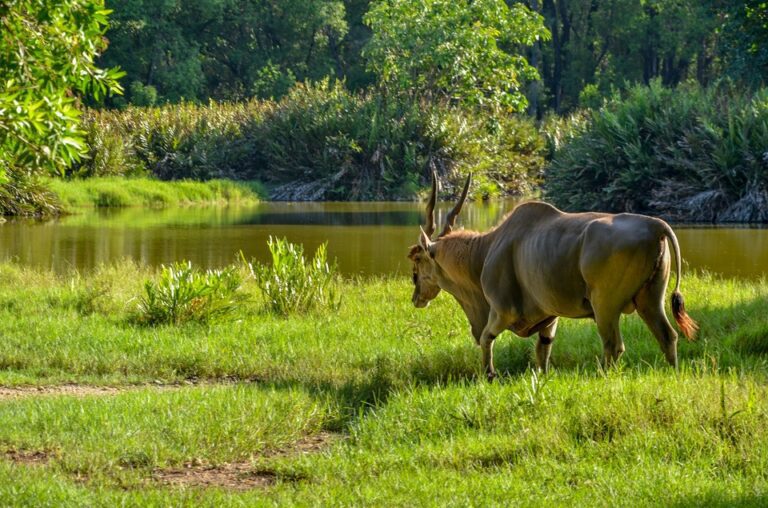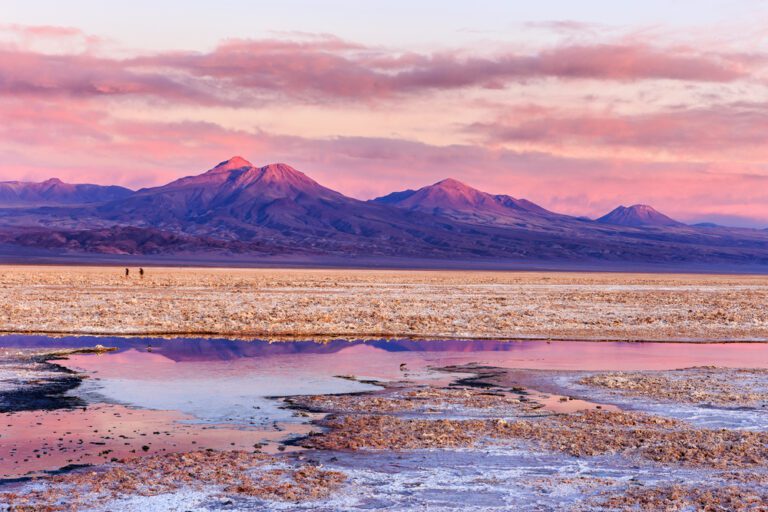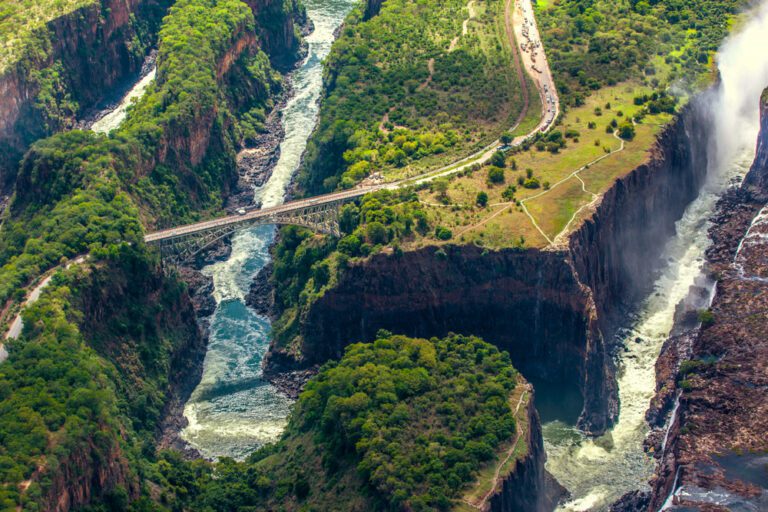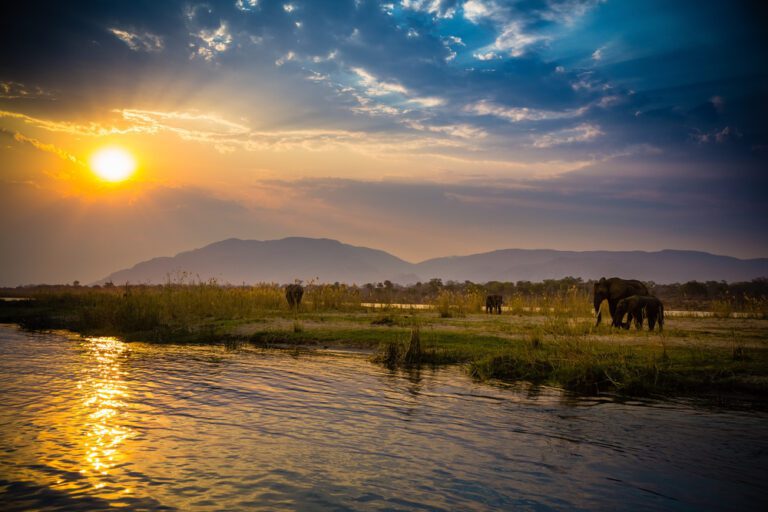Before you arrive – Singapore clicks. Efficiency is the norm. Petty crime and poverty are considered ‘Asian’ quirks, alien to this privileged little patch of real estate. Some say Singapore is too clinical but you just have to scratch the surface to find a city that is rich in local culture and pioneering history. Since Sir Stamford Raffles founded his colony here in 1819, this jungle island (not quite twice the size of the Isle of Wight) went on to become one of the dominating forces in regional trade. Chinese, Indians and Malays settled in quarters that, while more polished than those in the old homelands, still pulsate with timeless culture.
As your plane banks over the city you see the renovated waterfront along the Singapore River and the gleaming towers on Marina Bay Sands. But there are still many nooks that boast of Singapore’s heritage as one of the region’s most vital trading ports and cultural melting pots.
At the airport – It’s unfortunate delays are so rare at Changi Airport – this is perhaps the only airport in the world you’d choose to be stuck at. It’s no surprise you voted it your Top Worldwide Airport, a title it’s never lost in the awards’ history. Changi’s three terminals are linked by a Skytrain. While you’re airside you have access to five themed gardens, art and cultural exhibitions, a rooftop pool, gyms, a free gaming centre, a free cinema and more than 120 restaurants. Changi has dedicated snoozing areas with loungers. As to be expected, immigration and customs are hassle-free and swiftly passed through.

Getting into town – The MRT (Mass Rapid Transport) includes buses and trains and is easy to understand. Trains run from Changi into the centre via Tanah Merah station; singles cost around S$2 (£1). If you’re planning further journeys, consider buying a SMRT pass, which offers unlimited travel on most public transport; a one-day Tourist pass costs S$10. Alternatively, if you’re new to Singapore and want to make arrival easier, you may want to upgrade your first night’s accommodation to a hotel that offers an airport shuttle.
Other ways to arrive – If you’re travelling overland you’ll likely arrive over the causeway from the Malaysian border town of Johor Bahru (home to much of Singapore’s army of domestic workers and labourers). On the Singapore-side of the Straits of Johor, Woodlands train station and the bus terminal at Golden Mile Complex are both also well served by the MRT.
Population: 5.5 million
Language: English, Malay, Mandarin, Tamil
Timezone: GMT+8
International dialling code: +65
Visas: Not required by UK nationals
Money: Singapore dollar (S$), currently around S$2.12 to the UK£
Best viewpoint: The SkyPark observation deck at Marina Bay Sands offers astounding views from 57 storeys up.
Health issues: None, but stay hydrated and take mossie repellent.
Recommended guidebooks: Singapore (Lonely Planet, 2012), Eyewitness Travel Guide to Singapore (DK, 2010), Fodor’s Singapore’s 25 Best (Fodor’s Travel Publications, 2009)
Climate: Singapore is hot and humid. The average daytime temperature is 31°C, 24°C at night. Monsoon season is November to February but rain is sporadic not continuous, so a visit can be made year-round.
First Day’s Tour – Clarke Quay is the ideal place to get acquainted with the old trading centre of this historical city.Hop-on hop-off River Explorer Boat Tours offer the most relaxing way to get from the heart of old Singapore to its newest icon at Marina Bay Sands. Here, head up to the observation platform for a bird’s eye view before walking across the footbridge to Gardens By The Bay. This incredible botanical display cost S$1 billion to build and, with free admission, represents the most bargainous views in Singapore.

As the midday heat builds, hop on the MRT to Bugis Junction. You can find the best-value lunch in Singapore among the dozens of stalls in the old Bugis food centre. Order what takes your fancy from any of the stalls (try the fish-head soup) and sit where you can best people-watch. The shaded undercover market here is the best place to dodge the heat and shop for everything from fake designer wear to Chinese magic charms. One place still holding on to its charm after more than 120 years is Raffles. Few can afford a night at this most iconic hotel but it’s worth splashing out on a Singapore Sling in the bar where up to 1,500 of these cocktails are poured every day.
Where to Stay – There’s something decidedly seductive about the Naumi Hotel. If the matronly Raffles is the Grand Dame of Singapore then Naumi is the flirty little upstart you just can’t ignore. Rooms are small but so well-equipped and cleverly laid-out that you don’t even notice. Guests also have exclusive access to perhaps the most romantic rooftop infinity pool/bar in Singapore. Doubles from S$390pp (£185), B&B.
Mid range: The Sultan is a fine boutique hotel on the fringe of Kampong Glam, built in converted shophouses in the traditional Malay quarter. Doubles from £80 B&B.
Budget: 5Foot Way Inn represents some of Singapore’s best budget hostels: two in Chinatown, one in Bugis, one on Boat Quay. Rooms are tiny but clean; bathrooms are shared. Doubles from £17pp.
Singapore could hold your attention for as long as you care to give it. The old communities of Chinatown, Little India and Kampong Glam are must-sees. Beyond the city is Jurong Bird Park and Singapore Zoo, one of the world’s best. Out in the bay is Sentosa Island, a giant amusement park, impossible to explore in one day.

Singapore is also one of South-East Asia’s cheapest airline hubs: you can reach anywhere from here. Popular destinations are Indonesia (especially Bali; 2hr flight) and Malaysia. However, Malaysia is best reached overland. Buses leave from several locations but the usual departure point is a terminal near Golden Mile Complex to the island’s north. Depending on the route it takes 4-5hrs to reach Kuala Lumpur, 3-4hrs to reach Malacca.






